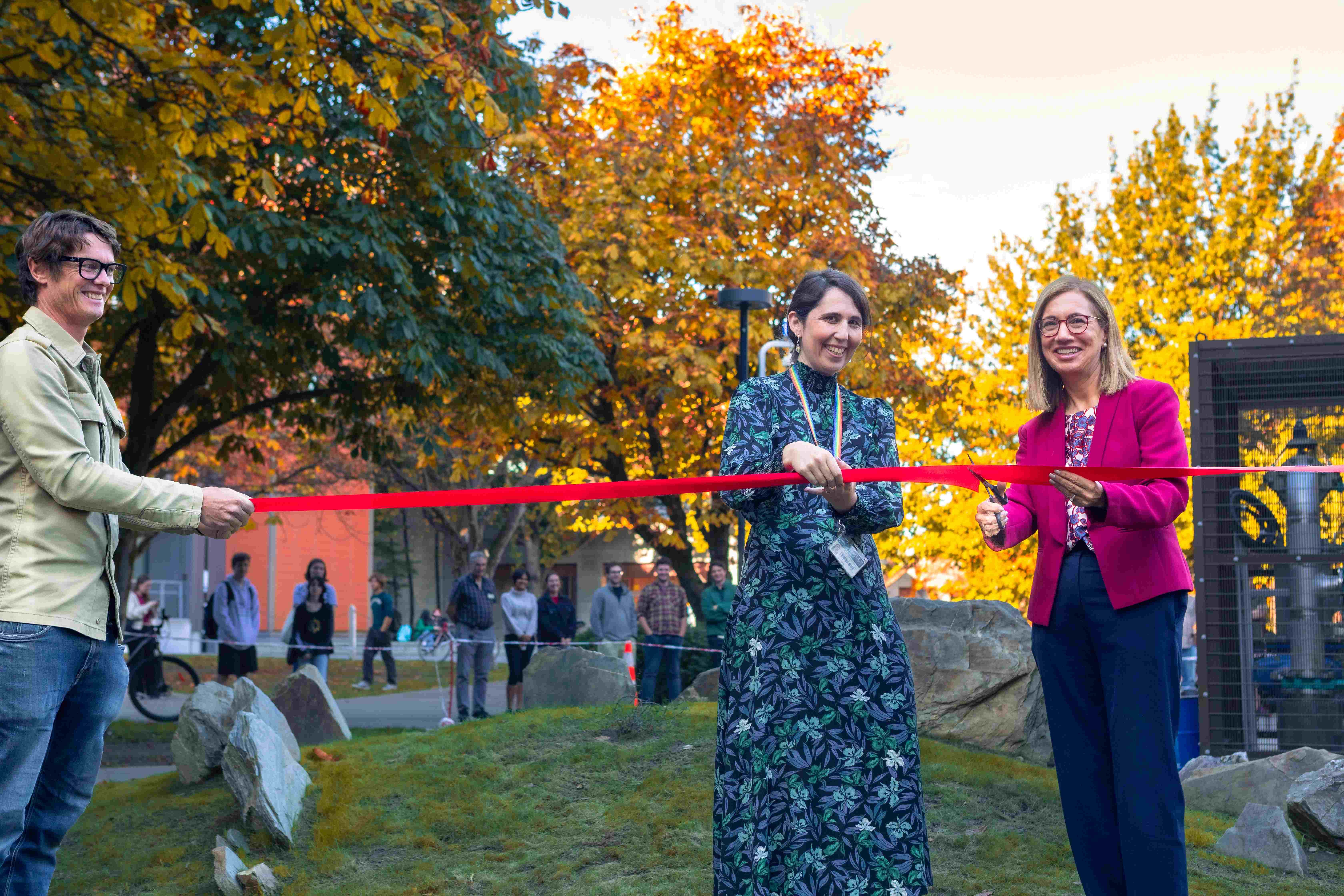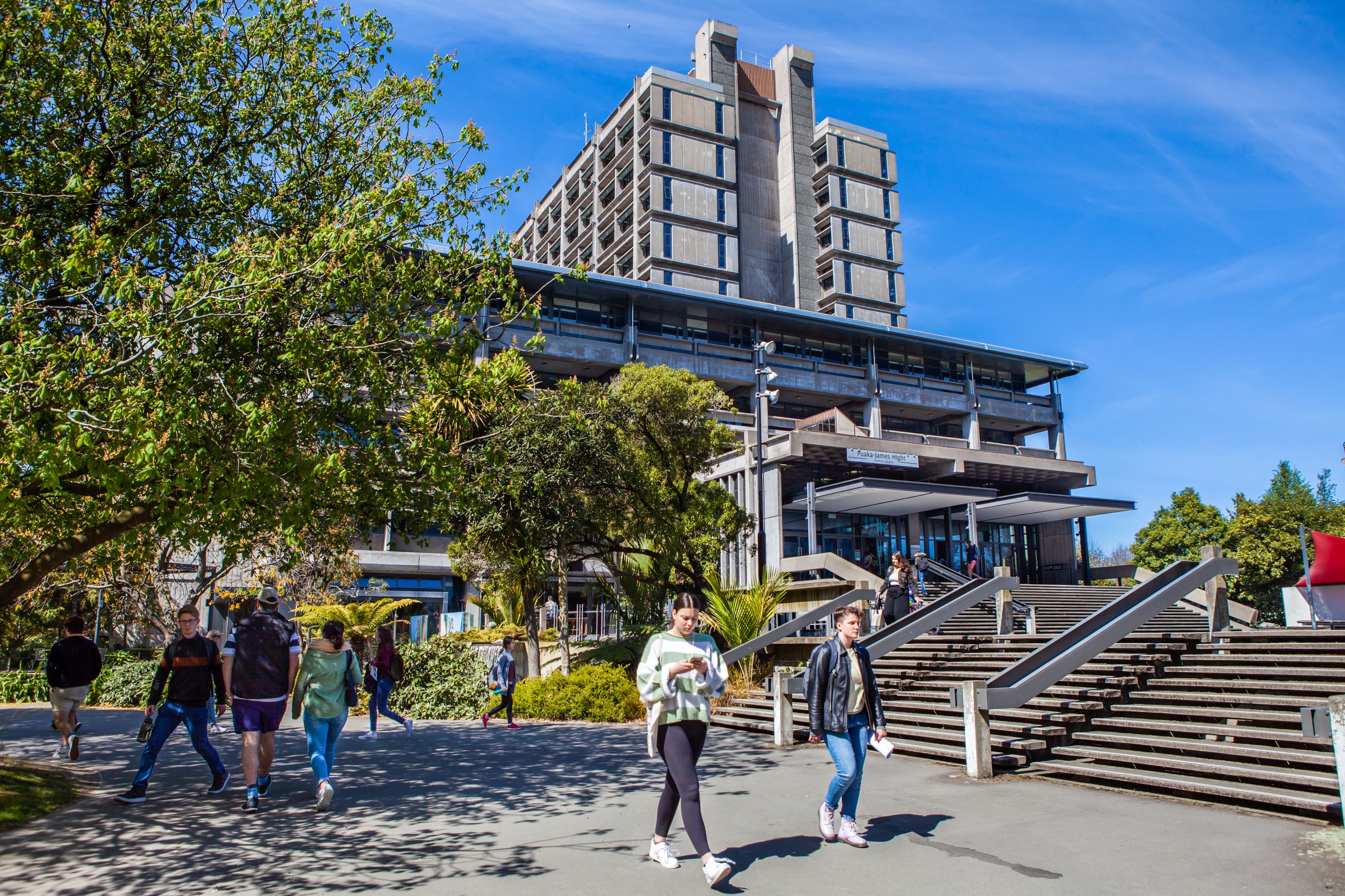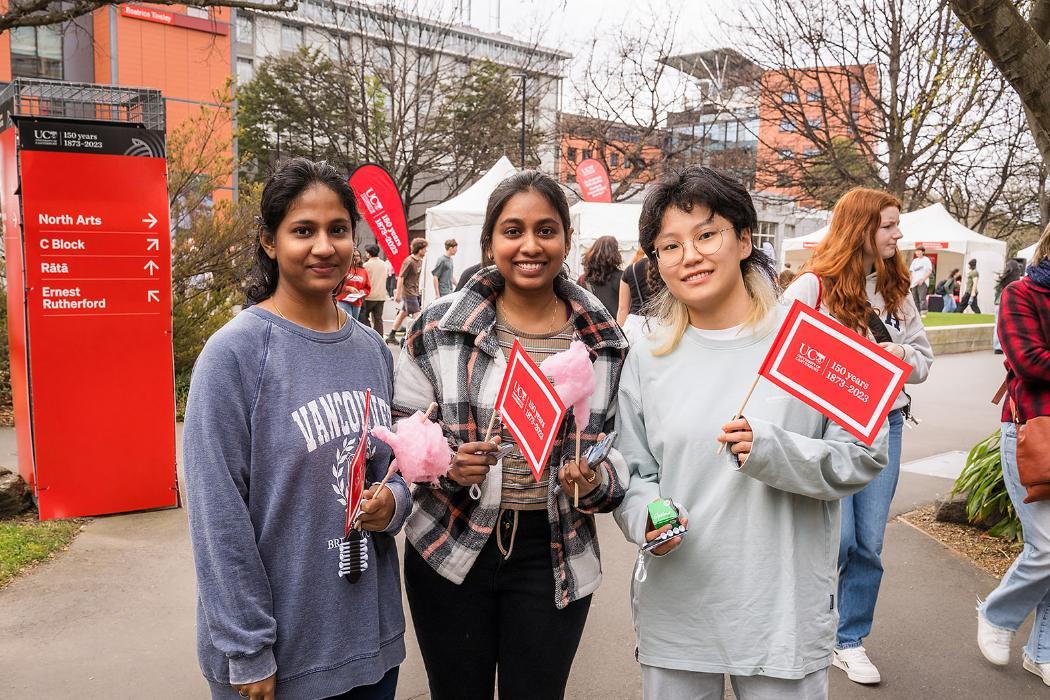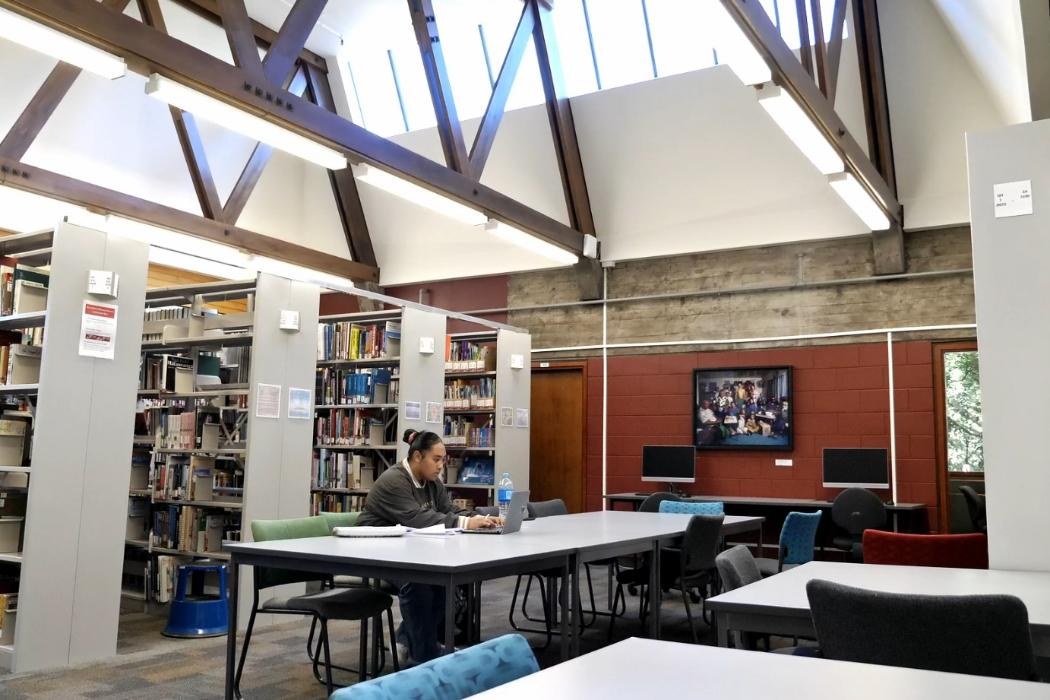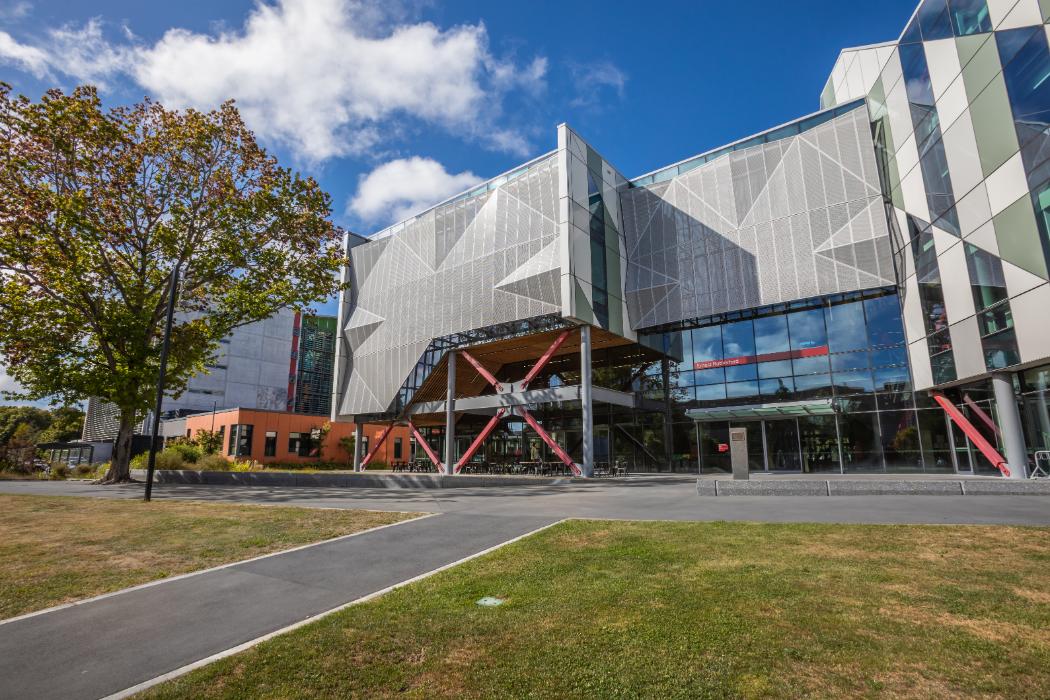Dr Neil Thompson is Director of the UC Psychology Centre which offers assessment and treatment to students and members of the public provided by trainee clinical psychologists under the supervision of qualified clinical psychologists.
He says there’s no doubt the pandemic and associated lockdowns have led to a rise in mental health problems, particularly anxiety and depression.
“We’ve definitely seen an increase in demand for our services. We now have a six-month wait list and we’ve had to close our books to new clients. The demand is huge because mental health needs have gone up since Covid.”
New Zealand’s first Alert Level 4 lockdown, which began a year ago at midnight on 25 March last year, confined most people to their homes and neighbourhoods to curb the spread of Covid-19.
Dr Thompson says the fallout from this unprecedented event could last several more years.
“It’s going to be with us for a long time. We know from other national crises that there’s normally a delay before people present with associated problems. So, I think with Covid, we are probably still in the early stages and we may well see a peak in need further down the line.”
Humans are social animals, he says, and all age groups were affected by the sudden and profound shift in normal routines that happened last year. “In tamariki, we’ve seen an increase in anxiety-related difficulties. School routine and social contact are such a big part of their lives and how they learn, so lockdown and home learning caused a lot of disruption for them.
“For taiohi, (young people) there’s been difficulty with their peers that stems from a dislocation from social groups which has had a negative impact on their mental health and development of their identity. In adults, the problems tend to be anxiety and depression, along with alcohol and substance misuse. Early indications also point to an increase in eating disorders for children, adolescents and adults.
“There has also been a lot of financial stress for people which has a negative impact on mental health.”
Dr Thompson says asking clients about their experience during lockdown has become a routine question during a session, similar to asking people about the Canterbury earthquakes after they happened in 2010 and 2011.
“We’ll say, ‘How did you get on in lockdown and what was the impact on you?’ so we routinely invite that information.”
The change in habits, lack of structure and isolation from social contact during lockdown all put pressure on people’s wellbeing, he says.
Not being able to maintain exercise routines such as going to the gym, disrupted sleep, and missing out on seeing friends and family, all had a big impact, particularly on people who already had a pre-existing mental health condition or were predisposed to developing one.
“This is especially true for people who rely on structure and routine as part of their ‘tool kit’ for mental well-being and hauora,” Dr Thompson says.
“The majority of people coped and adapted. But if you were already experiencing a mental health difficulty then I can’t see how lockdown would have helped that. And if you’re someone who doesn’t have a lot of social support or resources then being further isolated certainly makes you more vulnerable.”
He says the current mental health crisis is intertwined with the housing crisis that has put home ownership out of reach for many. “It’s a fundamental basic right to have a warm, dry home that’s yours and that’s predictable. When people don’t have that, then they are more at risk.”
Government initiatives to increase the number of psychologists to cope with increasing demand for mental health services are proving slow to take effect. There has not been enough funding for internships so that trainee psychologists can get the community placements they need to become fully qualified.
Dr Thompson says it’s useful to remember that lockdowns are the price New Zealanders have paid to gain a safer community than many countries overseas currently have.
“It was a big cost that we all paid in terms of our freedom and privileges and our ordinary lives. But for New Zealand, we came out the other side in an environment where we have fewer restrictions than people living overseas. It has been for the greater good so it wasn’t pointless.”
One year on people should remember all the things they missed during lockdown and make sure they do them now – as often as they can, Dr Thompson recommends.
“Don’t overlook them or take them for granted. Because these are the things that help make us feel well; being social, having structure in our day, being active and engaging in activities that give us pleasure and a feeling of mastery. We need to be doing things that have an output and during lockdown those opportunities are limited.”
The UC Psychology Centre will reopen to new clients in the next few weeks. There are a range of other services available to students needing help including the UC Health Centre which offers free counselling to students, and Student Care. Other resources for help with mental wellbeing include:
https://www.health.govt.nz/our-work/national-telehealth-service
UC Psychology Centre Clinic Director Neil Thompson
Email: neil.thompson@canterbury.ac.nz
Phone: (03) 369 4291


